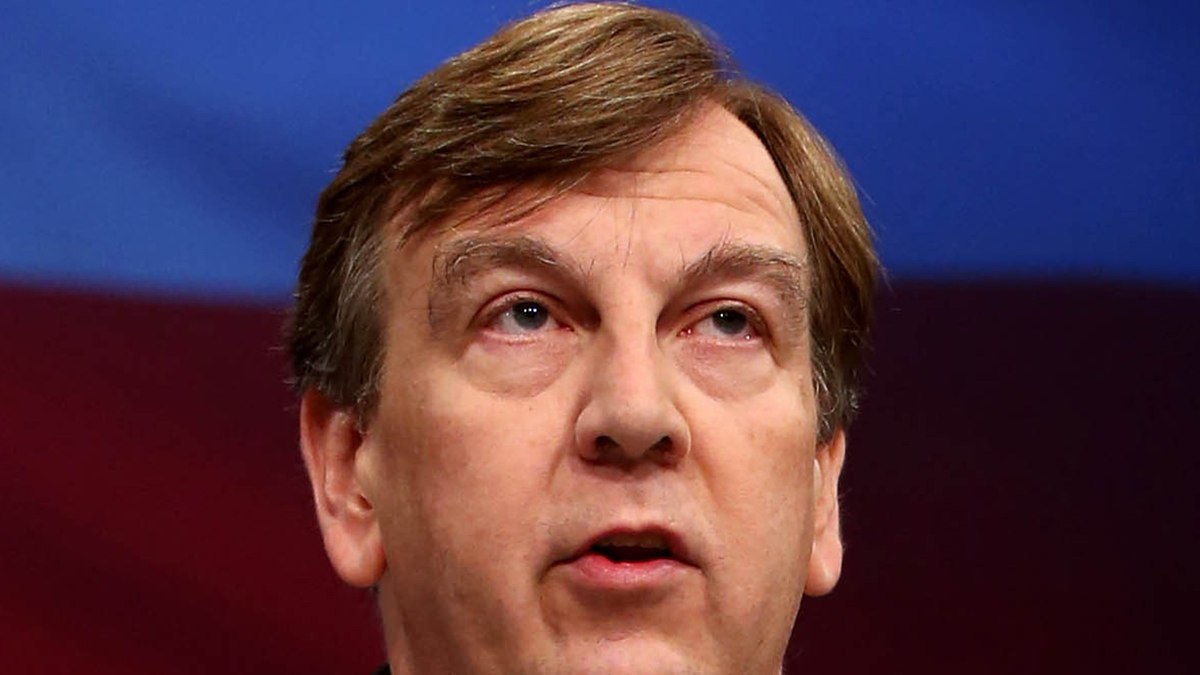So where do you stand in the latest Great Political Sex Scandal? Assuming, that is, you think it is a scandal and it’s not just something that’s been whipped up by the Press.
It’s true that it has received a great deal of coverage, but the way in which the story has emerged is highly unusual and there’s no doubt that it raises some interesting questions about the way the media have behaved.
First the basic details. John Whittingdale is a 56 year-old Conservative politician and a member of the Cabinet as Secretary of State for Culture. Almost three years ago he began a relationship with a woman he met on a dating website. The relationship lasted for six months. Mr Whittingdale ended it when he learned that the woman was a prostitute who specialised in playing the role of dominatrix. At this point in the saga it is important to note that Mr Whittingdale was not a cabinet minister at the time, though he was the chairman of the important Culture Media and Sport committee.
Ending the affair would, he must have hoped, been the end of it. Far from it. Details began to circulate on the internet and four newspapers, who had been investigating claims about the relationship, were faced with a decision: to print or not print. The papers are The Sunday People, the Mail on Sunday, The Sun and The Independent. This is where it becomes really interesting. All four decided not to pint the story and then, even more surprisingly perhaps, the organisation Hacked Off weighed in.
Hacked Off was set up to campaign for tougher regulation of the Press and has built its reputation over the years by inveighing against the media – the tabloid newspapers especially - for printing stories about the lives of famous people. So you might have expected it to insist this tale of the unfortunate politician remain under wraps. Instead it did exactly the opposite. It attacked the papers for suppressing the story and suggested there was some sort of conspiracy involved. The Labour leadership backed the Hacked Off position. The BBC did report the story and the whole thing exploded.
So here we have the newspapers, which you might have expected to relish such a spicy tale involving a very senior politician, robustly defending his right to privacy while their opponents did precisely the opposite. As one former editor told us on the Today programme, Alice had gone clear through the looking glass. So why?
The papers’ argument is that Mr Whittingdale was not in the cabinet at the time of his lapse in judgement and nor was he a married man. Therefore it simply wasn’t much of a story and there was no case to make for publication on the grounds of national interest. Mr Whittingdale made no attempt to deny it. He said in a statement: “This is an old story which was a bit embarrassing at the time”.
Hacked Off accused the papers of having a vested interested of their own. They claimed that the papers did not want to make an enemy of Mr Whittingdale because, as culture secretary, he has huge influence when it comes to deciding what extra measures (if any) should be taken to increase Press regulation. Brian Cathcart, a professor of journalism and one of the founders of Hacked off, went further. He alleged that Mr Whittingdale “had made three really important decisions reversing government policy which work entirely in favour of the Press.”
Other media commentators dismissed the conspiracy theory. They said the reluctance to publish was more a reflection of how the newspapers’ attitude to this sort of story had changed since the Leveson inquiry was set up five years ago to investigate the culture, practices and ethics of the Press in the wake of the phone hacking scandal. The Times quoted a media lawyer, Amber Melville-Brown as saying: “Single man dates woman is not a tabloid story. Tory MP dates dominatrix is, but is it sufficiently in the public interest to expose private, sexual matters?” Steve Hewlett, who writes for The Guardian and presents The Media Show on the BBC said: “I just don’t see any evidence for this grand conspiracy.”
So where do you stand in all of this? Do you take the view that the papers’ reluctance to print the story is proof that press regulation in the post-Leveson era is working and, if so, do you welcome it? Or do you accept the Hacked Off version of events that the four papers in question were protecting their own interests by ditching a story that they would have run if it had been any other politician?
In broader terms, what are your views on the behaviour of the media in general since the Leveson Report? Have they got it about right or should they come under greater scrutiny? It is widely believed that the government has dropped plans to go ahead with “Leveson Part Two”, which was intended to be an investigation into criminal conduct in media organisations. Sources have told The Times that there is limited appetite for yet another long, expensive inquiry but Labour wants it to happen and may well use the Whittingdale affair to press their case. Do you think it should?










